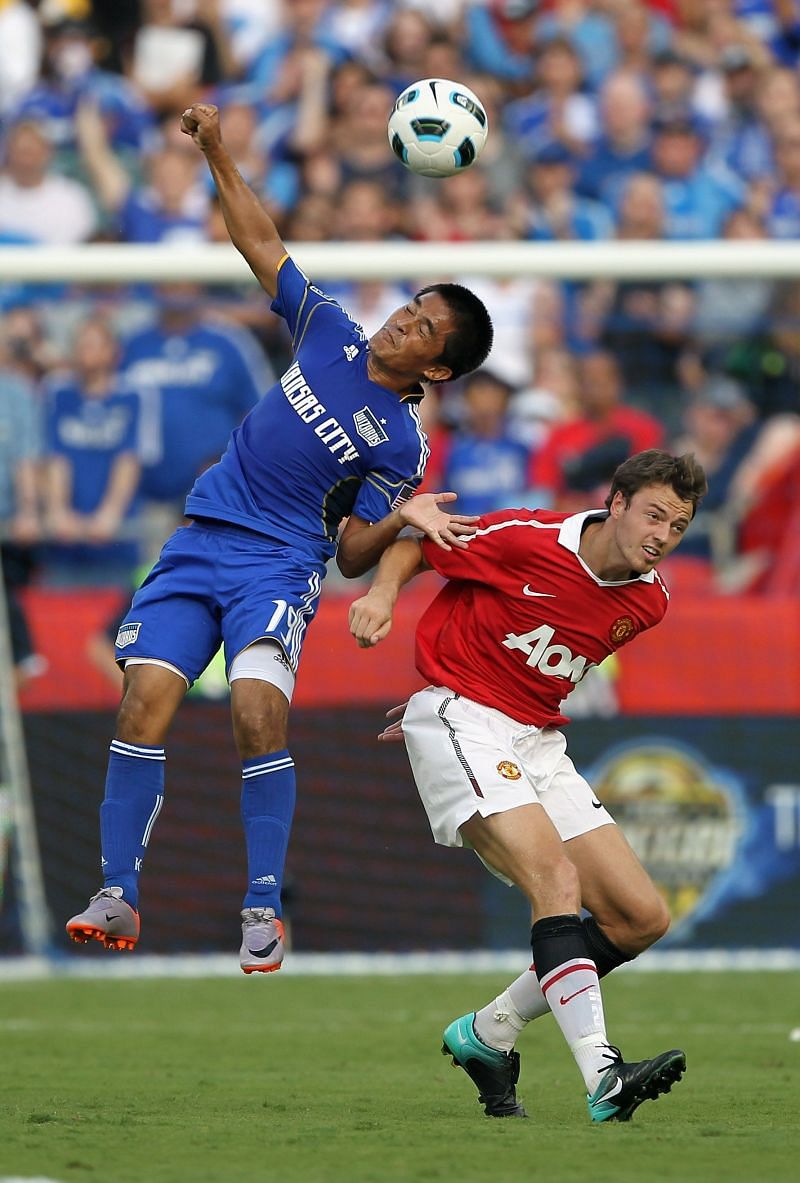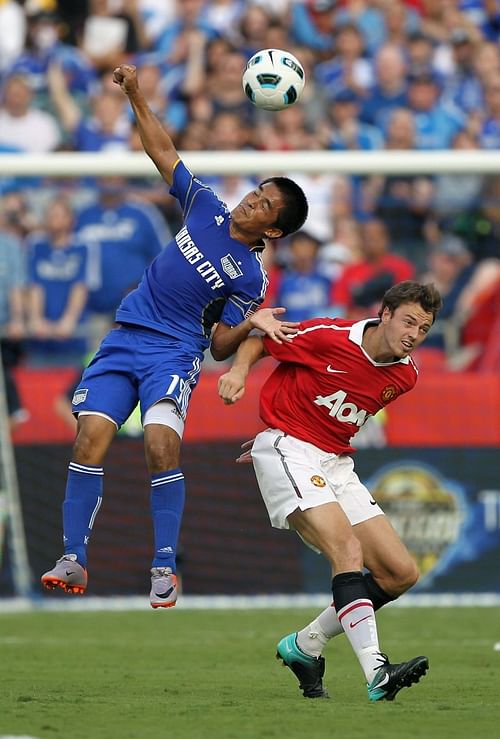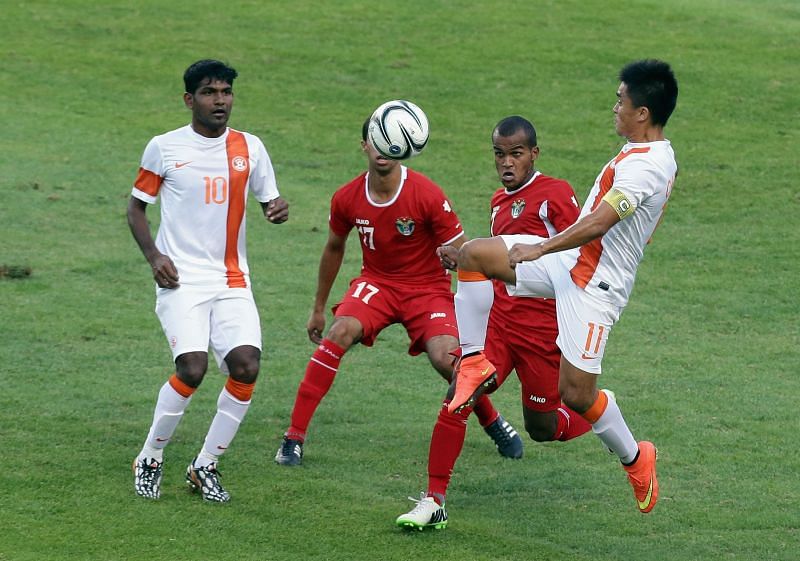
Manchester City's Gavin Fleig discusses the right approach to scout and develop football talent in Asia

The development of the worldwide scouting system has changed football for good. The game is no longer entrapped within the clutches of continental football.
An argument can be made for South Americans excelling in the game. But systematic development in Europe has seen them race ahead of their Latin American friends over the years.
With the game spreading far and wide, the largely untapped Asian market has become the centerpiece of attention for football scouts. Multiple top European clubs have done a brilliant job in devising plans to tap into this market.
Manchester City happen to be one of those clubs that have developed a fantastic infrastructure to gain access to the dormant potential of Asian football. As is often the case with any venture, here too, the challenges and rewards go hand-in-hand.
Why is it so difficult to tap into the Asian market for football?
Asia comprises of about 60% of the world's population. Hence the natural first thought is to question the lack of world class footballers emerging from this part of the world.
However, as put very aptly by Gavin Fleig, Director of Talent Management and Development Pathways for City Football Services, there are various other challenges that need to be tackled when scouting for talent from a gargantuan pool.
In other words, the logic that a larger population guarantees more star athletes is at best a correlation and definitely not a causation. There are numerous other factors that determine exactly how any nation/continent/market will perform in football.
In a recent video on Manchester City's YouTube channel, Fleig listed the key determinants which govern the development of talent in football (applicable for any part of the world).
He cataloged five factors which are as follows:
#1 Player culture and societal beliefs
Fleig believes the culture in which the players grow is essential for their development. The society they live within and what is valued there is imprinted in their personal belief systems as well.
He went on to explain that this nourishment ultimately creates the mentality of the player. The ecosystem hence is absolutely crucial to their development.
#2 Access to good coaches
The next point on his list was access to good coaching. It involves finding the right trainers who will give the correct knowledge not only for technical development but also to gain a tactical understanding of the game.
He believes without this fundamental knowledge, players will fail to reach the next stage of their development.
#3 Access to modern facilities
Fleig strongly advocates access to good facilities. He believes that the modern game is unforgiving and training on good pitches or getting access to the right doctors and physios is absolutely essential. Without these, a player will struggle to build himself up for the professional world of football.
#4 Involvement in competitive football from an early age
Another crucial peg in a player's development is the ability to partake in competitive games from an early age. Fleig said that from the age of 14, it is absolutely crucial that a footballer is regularly involved in intense competitive matches.
He believes the standards of the opposition faced and the quality of players on the pitch play a huge role in driving the development of a footballer. Using his own words, pitting "best versus best" is how they develop the fastest.
#5 The rarity of the opportunity in some parts of the world
Fleig's final factor talks about the opportunity to get access to all the aforementioned points. From a realistic point of view, the focus and setup of Asian football is very different from what is followed in Europe.
The focus here is divided (either into other sports or other disciplines) and in Fleig's words "Football is not yet in the DNA of the Asian countries."
Hence for budding youth prospects to develop into world beaters is a Herculean task in this part of the world.
Is Indian football on the right track?

Among Asian countries, Indian football in particular has identified a new direction in recent years. The introduction of the Indian Super League (ISL) has given the nation something new to tinker with.
The failing standards of the I-league will hopefully be replaced soon with the new and dynamic approach followed by the ISL. However, the question that will remain is whether this development will be in synchronization with the factors Fleig talks about. If not, it might just be another momentary distraction from the neglected state of Indian football.
Also Read: Ashiq Vithayathil - The Indian Footballer Making It Click in Europe